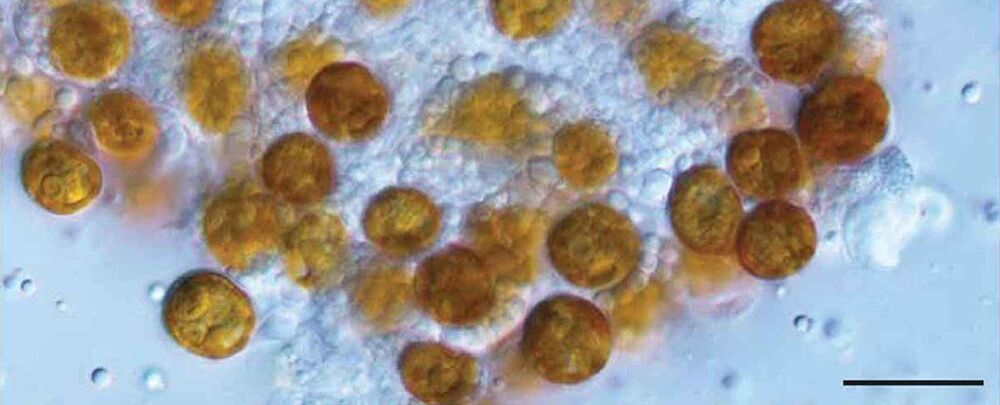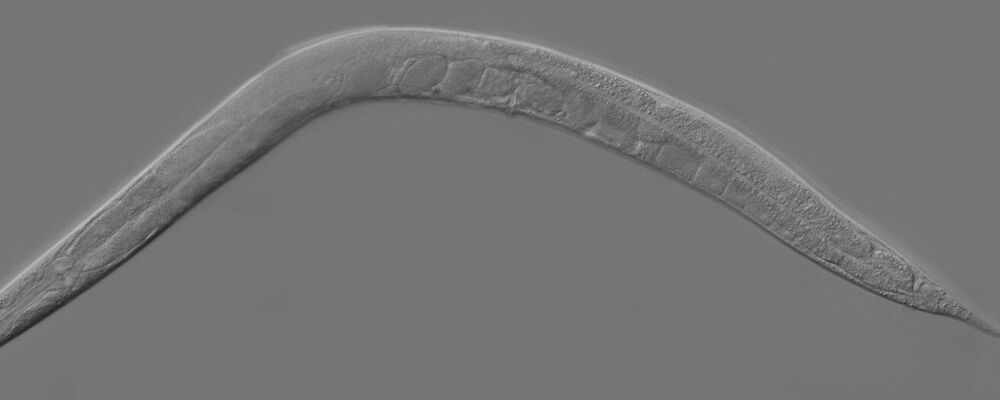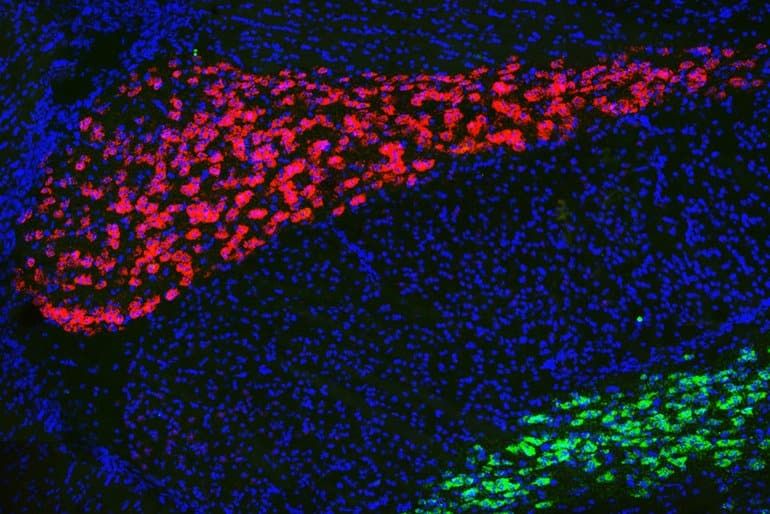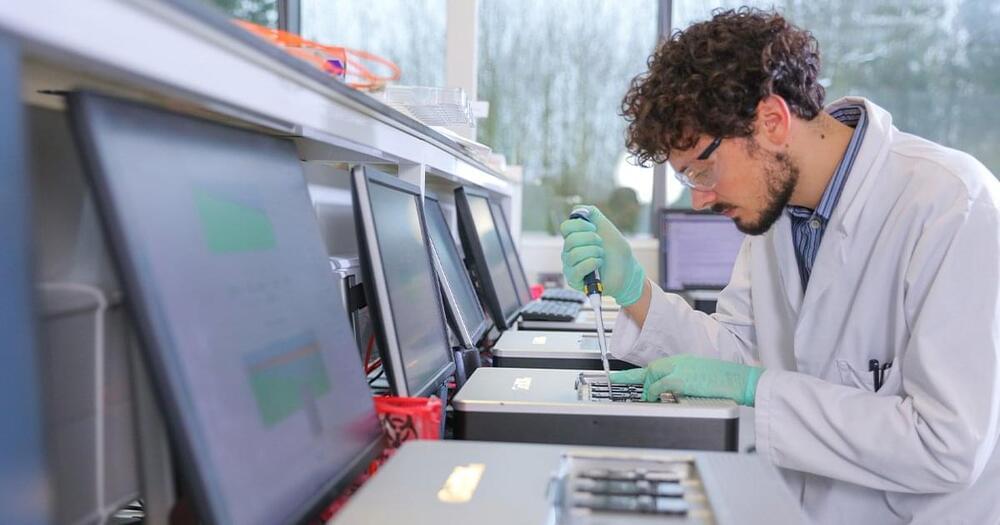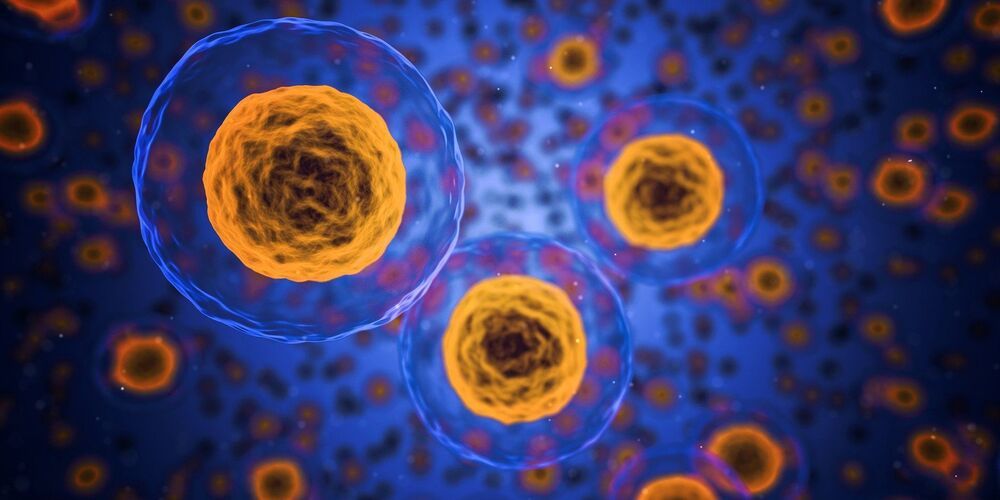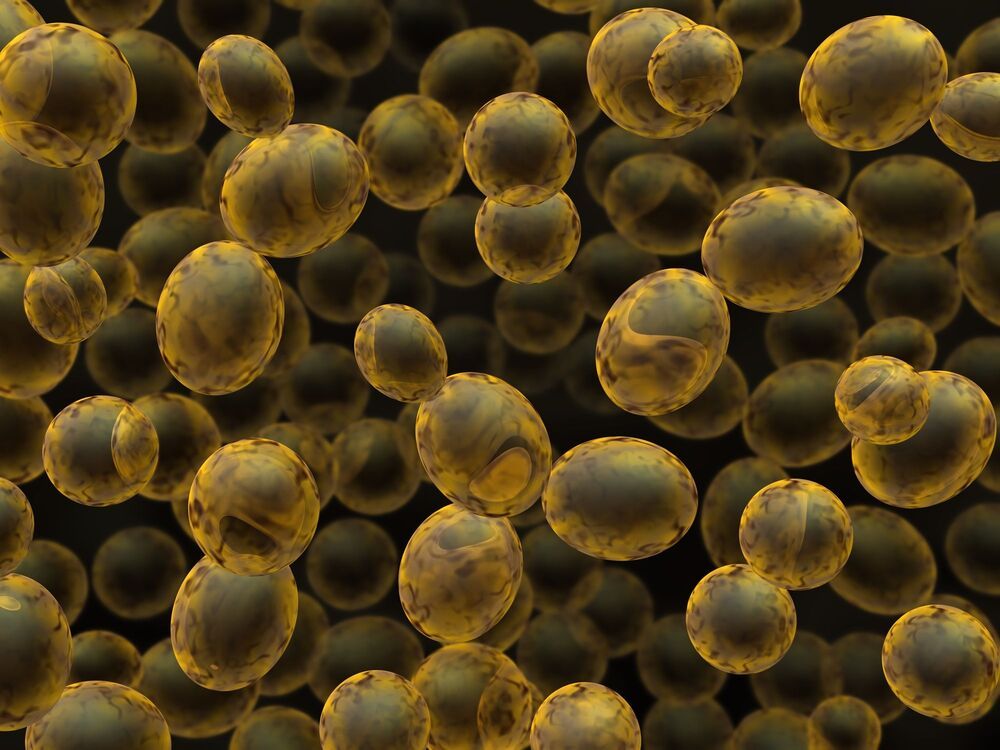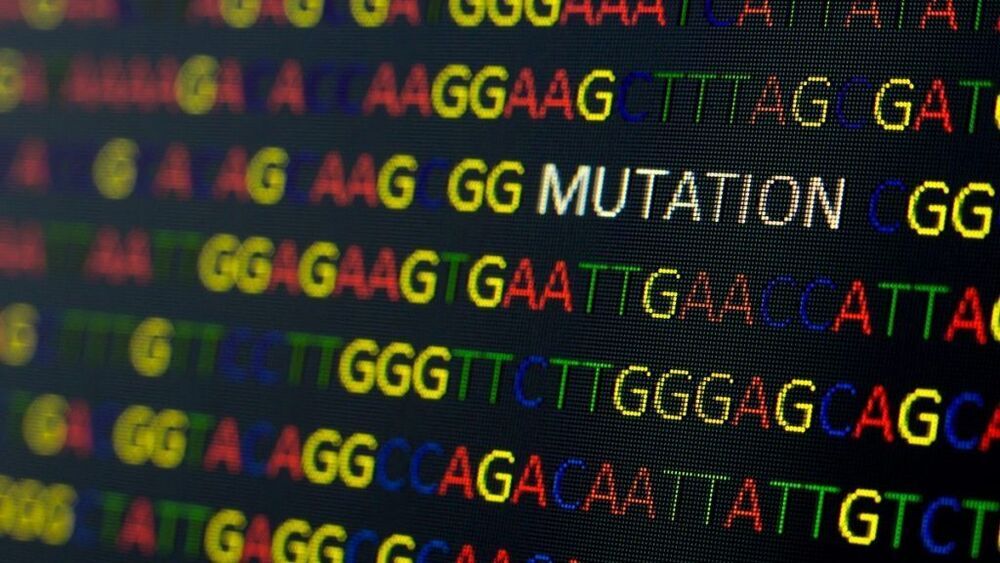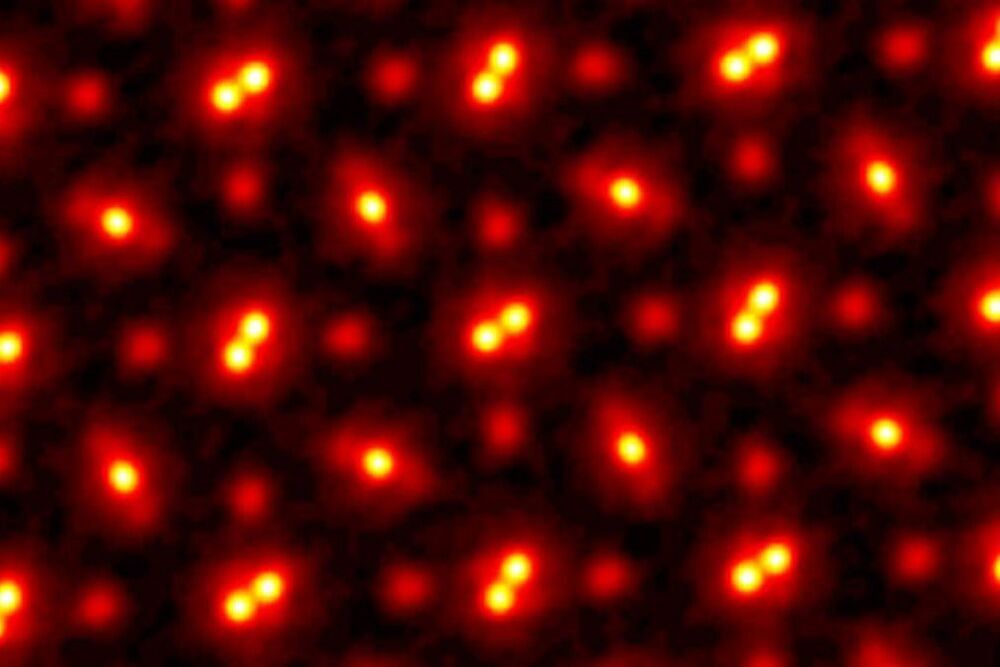I was at HudsonAlpha’s spinoff clinic for rare diseases, the Smith Family Clinic for Genomic Medicine. Most people don’t know this, but the second largest biomedical research campus in the USA and the fourth in the entire world is in Alabama. Long-read genome sequencing is essential for aging research because it is able to detect methylation and acetylation very conveniently, as well as major structural changes to the genome that are associated with both rare disease AND aging. This is an explanation of how long-read sequencing is able to fill in sequence gaps caused by Illumina short-read technology.
In 2020, Chromosome X and 8 were finished end-to-end with long-read sequencing, for the first time. And now in 2021, a complete gapless human genome is on the horizon. The Human Genome Project may finally, truly become complete.
February 3, 2021 (Huntsville, Ala.) – Researchers at the HudsonAlpha Institute for Biotechnology used a new, cutting-edge genomic sequencing technology to help physicians make diagnoses for two pediatric patients who had been on long diagnostic journeys.
Limitations of traditional sequencing in neurodevelopmental disease diagnosis
Neurodevelopmental diseases, many of which are genetic in nature, affect one to three percent of children and cause a range of physical and intellectual disabilities. Identifying the genetic variants, or changes in DNA, that lead to these diseases can provide a precise diagnosis, guide treatment approaches, and give families the answer to their years-long medical mystery.
